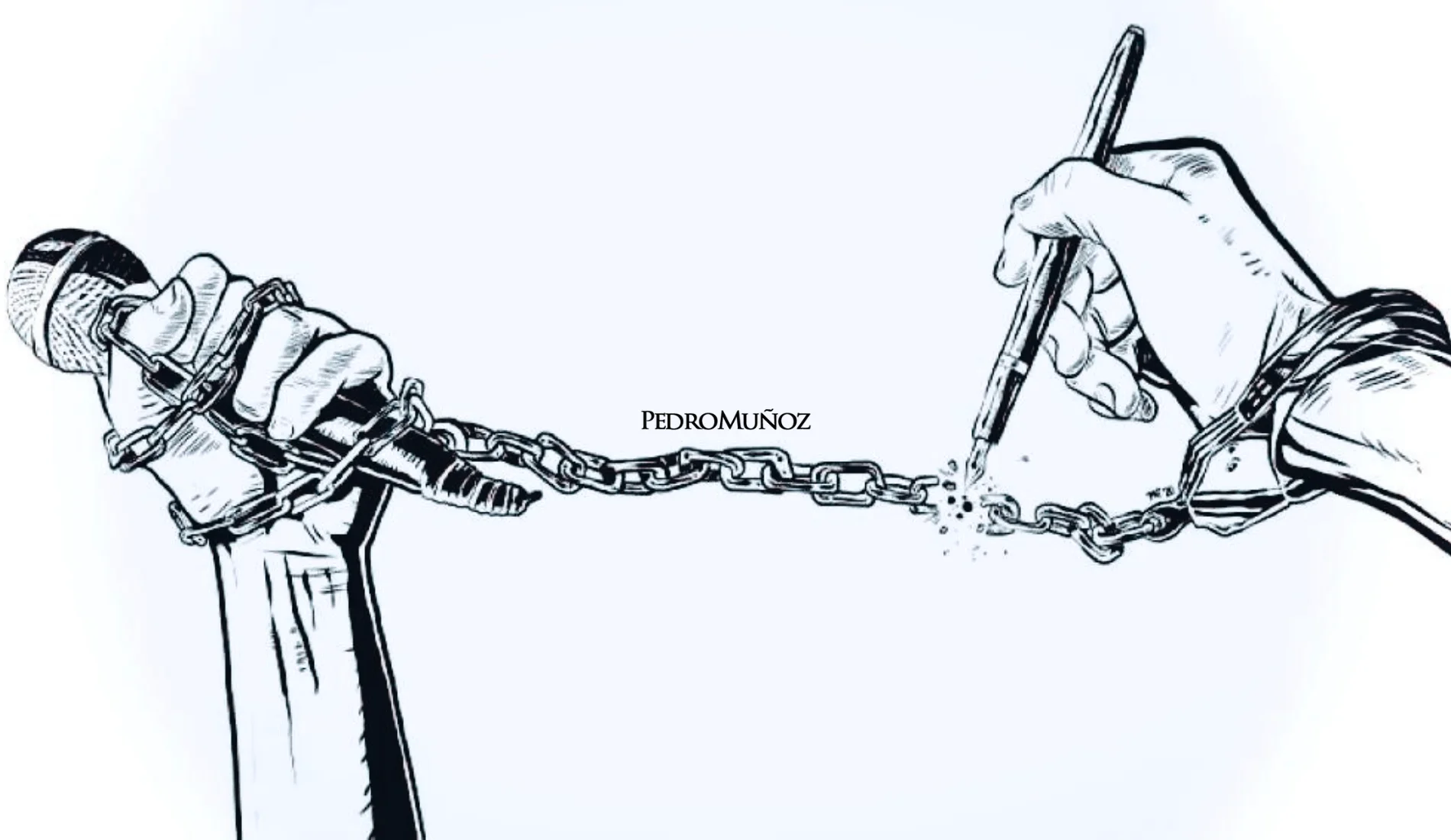In a few hours, Spanish citizens will face the twelfth legislative elections since the transition to democracy, and the first with Felipe VI as King of Spain. These elections, compared to previous ones, represent a great challenge for our nation and a prelude to significant changes.
The so-called ‘emerging’ parties were initially a breath of fresh air against the traditional Spanish bipartisanship. Since 1982, PSOE and PP have alternated in power until today, generating a long period of democratic stabilization.
However, bipartisanship seems worn out, partly due to the generational change represented by those under 30, many of whom feel disaffection towards the 1978 Constitution. Undoubtedly, sociology will have to explain why this is happening.
In my opinion, a low-quality educational system like ours has caused many of our young people not to grow up with entrepreneurial attitudes. Entrepreneurship should be promoted through education, although our current university system is far from this goal. On the contrary, it fosters social sheepishness under the umbrella of the single-minded thinking of an outdated and conservative left.
From a liberal ideology, on the other hand, true wealth and well-being can be created. Our ideology advocates for individual rights, which are the pillars on which social and economic progress rests. Thus, in our Rule of Law, we must all be equal before the law, without privileges, adhering to a legal framework that protects individual freedoms and collective well-being simultaneously.
With these guarantees, the elements that promote the existence of free citizens can be achieved, with minimal state intervention, minimal tax pressure, and limited commercial regulations. All this will allow the engine of national economic development to be in the hands of each citizen.
It is undeniable that the state has significant obligations to the citizen, but the most important one is to foster their development and growth from childhood, through adolescence, and into youth within a serious and rigorous educational framework, free from archaic ideologies that preach fear and favor immaturity and irresponsibility. These ideologies develop collective insecurities, attitudes that rival meritocracy and effort, strangling personal merit in favor of the poor inefficiencies of an egalitarian state that rewards the mediocre and the brave alike. The party that wins the elections will have to address the revision of the public education sector in Spain, placing private companies at the helm of each university to manage this public sphere effectively.
There are no liberal positions in the political programs of PSOE, Podemos, or Ciudadanos. These three options seek to perpetuate in the consciousness of Spaniards the fears and insecurities that make them prisoners of their environment.
Profound educational reforms, privately managed healthcare, greater presence in international politics, the creation of an Economic Community of Latin American Countries, an energy plan based on nuclear energy, the recovery of state competencies, a genuine separation of powers, and the imposition of plural and dynamic processes for the selection of candidates within political parties, plus the suppression of professional politicians, are essential programmatic elements of the liberal spirit found in parts of the PP.
At this moment, and paraphrasing Kennedy, we must remember that phrase, «Ask not what your country can do for you, ask what you can do for your country.» And our politicians must learn that «true freedom consists of being able to say to everyone, even those things they do not want to hear.»
